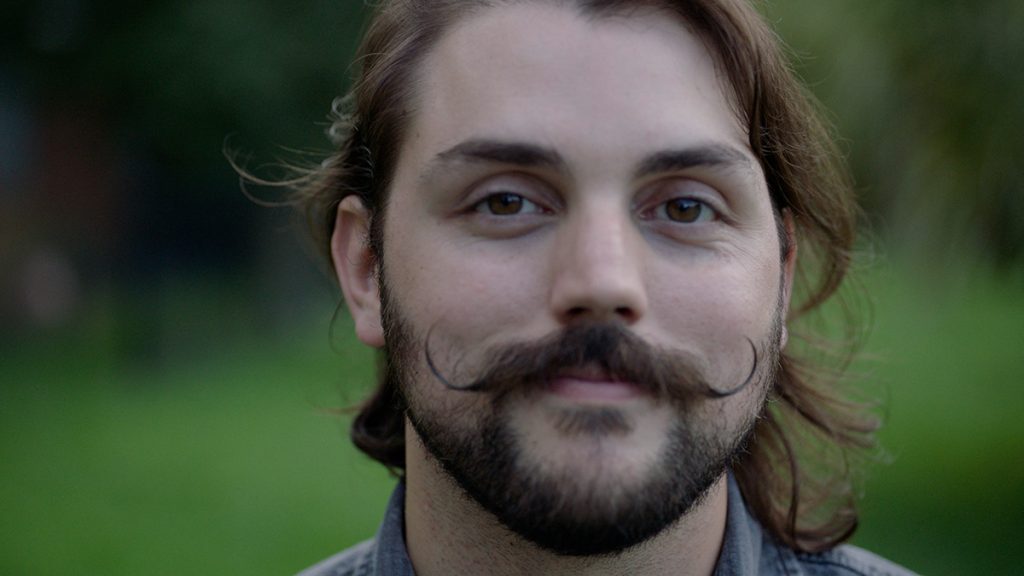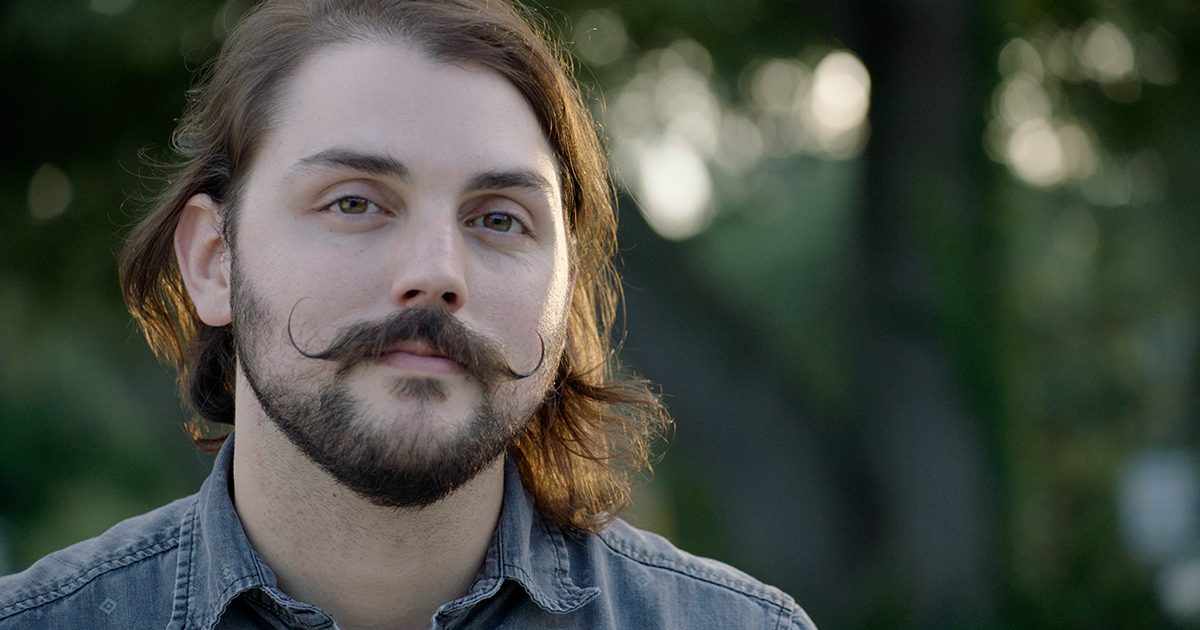Tecartus: A Breakthrough for Some Leukemia Patients
- Branden’s ALL diagnosis at 17 years old led him down a path to a clinical trial, where he became a "fantastic example" of what can be accomplished with CAR-T cell therapy.
- Earlier this month, the FDA approved Kite’s second CAR-T cell therapy, Tecartus, for adult patients with relapsed or refractory B-cell precursor acute lymphoblastic leukemia, a trial Branden was part of.
- "Branden is a fantastic example of what we can achieve (with CAR-T cell therapy)," Dr. Bijal Shah, Branden’s doctor at Moffitt Cancer Center, tells SurvivorNet.
"CAR-T is a revolution in cancer therapy; it is paradigm changing," says Dr. Siddhartha Ganguly, previously the director of the lymphoma and myeloma program at the University of Kansas, and now the section chief of hematology at Houston Methodist Oncology Partners.
Read MoreBranden's Success Story: Using CAR-T Cell Therapy
"I couldn't really get farther than a couple of yards without having to take a break," Branden, now 29, tells SurvivorNet during a recent interview, "and then after that, I kind of thought something might have been up." (He asked that we don't publish his last name for privacy concerns.)
But it wasn't until he spiked a fever that his condition really worsened. His parents took him to a hospital near their home in Florida, and doctors there confirmed their worst fear: Branden had cancer. He was diagnosed with pediatric acute lymphoblastic leukemia, or ALL, which is a type of blood cancer that starts in the bone marrow (the soft inner part of certain bones, where new blood cells are made).
CAR-T Cell Therapy: A 'Revolution' in Cancer Treatment
"When that happens (cancer taking over your bone marrow), you don't make healthy white blood cells, you don't make healthy red blood cells, you don't make healthy anything that tends to circulate in the blood," Dr. Shah says. "You come in pretty sick, and when you think about that, what that means in terms of the risk of infections, the risk of bleeding, severe anemia, all these things, boy, it's tough, it's really tough."
Branden thankfully entered remission after undergoing chemotherapy treatments. Branden then went off to college at the University of Central Florida in hopes of regaining the youth that cancer took from him.
But then around 2015, Branden started feeling sick again. He didn't think anything of it at first; he went to his doctor for a routine check-up and mentioned he was feeling off. Knowing Branden's history, his doctor got new scans and confirmed what no one wanted to hear: his cancer had returned.
Branden was referred to the Moffitt Cancer Center, where he met Dr. Shah, who remains Branden's doctor today. Once at Moffitt, he had a bone marrow transplant, which has been used to treat ALL for more than 20 years.
"The bone marrow transplant was fine, but it was definitely a very taxing and arduous procedure," Branden says. "I got a donor pretty quickly. … Everything was fine afterwards, but the process itself was just very taxing." He was technically in remission for about a year, but then the cancer started popping back up. "I remember having to get a wrist brace because it (the cancer) was creating bone spurs."
Related: CAR T-Cell Therapy's Current and Future Success
When talking about tools doctors have available to treat ALL, such as a bone marrow transplant, Dr. Shah says in Branden's case, "we don't get a lot of mileage out of them. We can use them, but we know that if we can't capitalize on that benefit with a bone marrow transplant, (then in) most cases, we're gonna see folks relapse."
"That's when my doctor came to me and said, 'We're doing this clinical trial. (And) your options (are) you can try this clinical trial, or you can do another bone marrow transplant,'" Branden says. "And at that point I was like, 'Well, I've done the bone marrow transplant, and it did the trick for a bit, but I think I want to take my chances and see where the clinical trial would take me.'"
The Clinical Trial
"In my mind I thought, 'This is kind of like the best option,'" Branden says of his decision to enter a clinical trial at Moffitt using the CAR-T cell therapy Tecartus on adults with ALL.
"… after I found out more about it (the trial), and just the side effects were a lot less, the time in the hospital and around were cut in half, and then just overall, it seemed like a much easier time," he adds. "With what I had and in my situation, I thought it would just be the best thing to do."

Once he entered the trial, Branden wasn't in the hospital for very long; from the harvesting of his T cells, sending them out, getting them back to the hospital then putting them back into Branden's body, he was there for about a month.
"… after they monitored me for a little bit, they (his doctors) just had me stay in a hotel in the area. And then from there, everything after that, it just kept going uphill," Branden says. "I didn't really have any more complications, I was recovering pretty quickly. … It was all smooth sailing."
Related: Can You Afford the High Cost of CAR T-Cell Therapy?
Dr. Shah says Branden was a great candidate for the clinical trial because he already had a bone marrow transplant and relapsed a second time. "There are scenarios where we do a second bone marrow transplant, but those are really, really tough, and not a lot of people survived those," he adds.
"We needed to come up with something that at least had the potential to function as a definitive therapy," Dr. Shah says. "This is a clinical trial, so I don't want to make it sound like everything's black and white. … We went in to see if we could get him there (to a cure), and we did it, and it was and still is a blessing. He's done tremendously well."
"(Branden) is the testament to what we can achieve," he adds.
Tecartus: A Breakthrough for Adult Leukemia Patients
"(The approval of Tecartus) is very significant because these patients who have relapsed, on average, are given only about eight months to live," Christi Shaw, chief executive officer of Kite Pharma, tells SurvivorNet.
In August 2017, the FDA issued a historic action on the gene therapy front Kymriah by Novartis became the first CAR-T cell therapy available in the United States. The therapy was approved for use in children and young adults up to 25 years old with relapsed or refractory B-cell precursor acute lymphoblastic leukemia. Kite's approval of Tecartus somewhat overlaps into Novartis territory, but Kite's drug is specifically for adult patients with ALL, while Kymriah is for children and young adults. There are other types of CAR-T federally approved as well, but for different kinds of blood cancers, such as lymphoma.
"Our data shows that the response (to Tecartus) is extremely high 65 percent complete response," Shaw says, "and that the response is very durable. So we are hoping to give a lot more life to patients."
What is CAR-T Cell Therapy?
"Cell therapy is different (from) most other medicines and therapies in that it actually harnesses your own immune system," Shaw tells SurvivorNet.
Our immune system was designed to fight off foreign invaders such as viruses, bacteria and yes, cancer. But sometimes, cancer cells can evade detection and continue to grow. But CAR-T cell therapy essentially re-trains your immune system to make it a more efficient, and more effective, cancer fighter.
The process, as Shaw and SurvivorNet experts explain, starts when your doctor intravenously removes a sample of your blood. With a procedure called leukapheresis the removal of blood to collect specific blood cells your blood flows into a machine that separates out the T cells; it then returns the other blood components, such as red blood cells, platelets, etc.
The T cells are then sent out to a lab, where technicians insert an anti-cancer gene into them. That new gene causes special receptors called chimeric antigen receptors to pop up on the surface of the T cells. Those receptors are like homing devices that will lock onto the matching antigen on the surface of your cancer cells. "It's kind of like increasing your army to fight and embolden them by giving them better tools, if you will," Shaw says.
Related: If You're Over 65, Here's What You Need to Know About CAR T-Cell Therapy
Once the T cells are back from the lab, you'll first need treatment to prepare your body to receive the new, genetically modified T cells. "Patients are primed with three to four days of a mild form of chemotherapy, so that their body does not reject those genetically modified cells," Dr. Ganguly says. "And then those cells are infused, just like a blood transfusion."
This is a process Branden was able to experience firsthand. He's now cancer-free and able to show others that remission is possible for other blood cancer patients.
Contributing: SurvivorNet staff
Learn more about SurvivorNet's rigorous medical review process.


